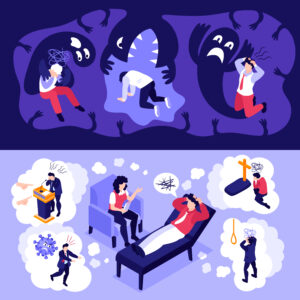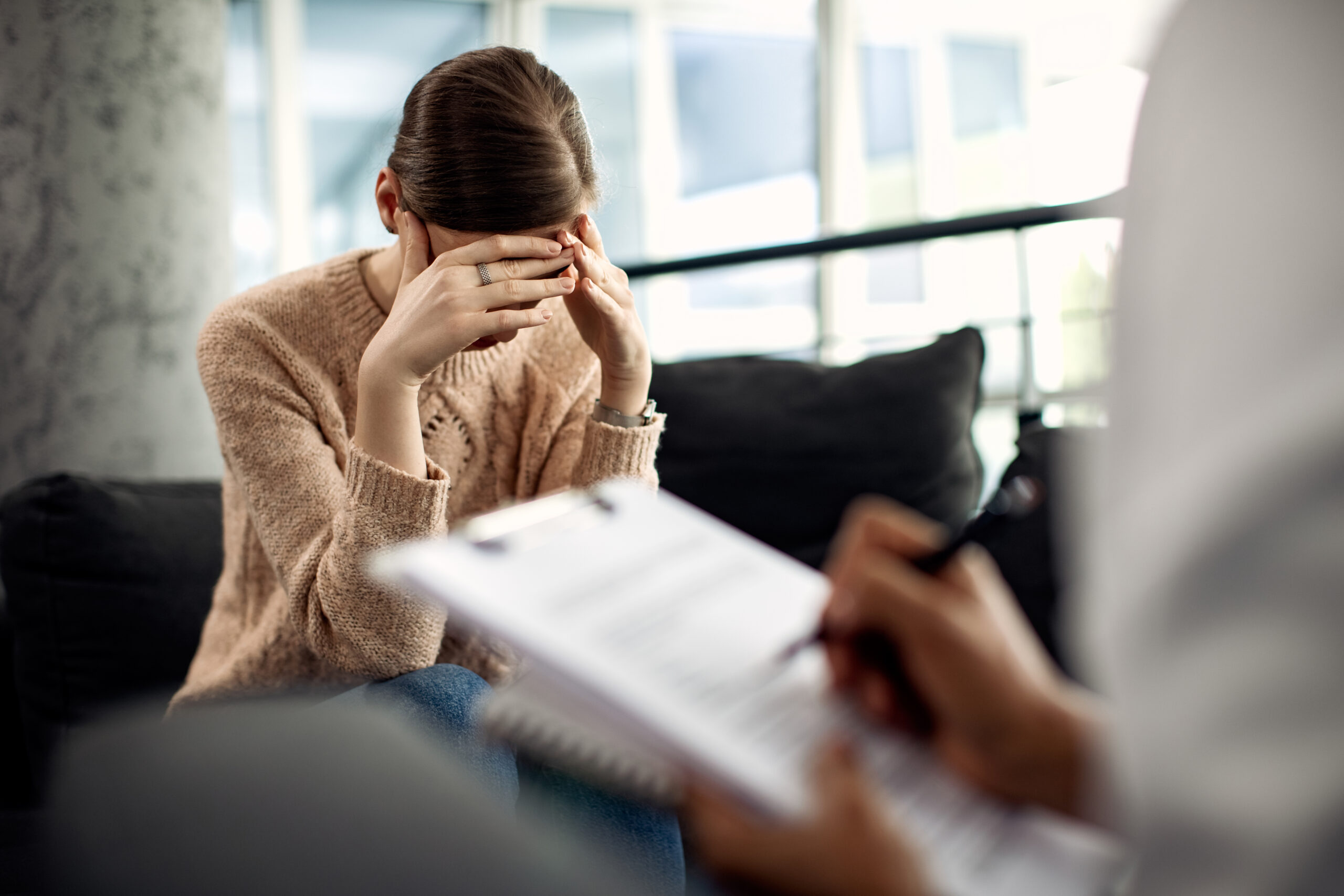Learn about trauma disorders, their symptoms, causes, and how to cope. Discover effective strategies for recovery and support after traumatic events.
What are Trauma disorders?
Trauma disorders are mental health conditions triggered by highly stressful or traumatic events. Not everyone who experiences trauma develops a disorder, but for some, these events are the root cause of lasting psychological impact. Untreated trauma disorders can lead to complications, including social isolation, work difficulties, depression, or even suicide.
While trauma disorders were once classified under anxiety disorders, emotional responses such as depression, anger, aggression, or emotional numbness may be more prominent than anxiety in many individuals.
Symptoms and diagnosis

source: freepik
Symptoms vary depending on the type of trauma disorder. Post-Traumatic Stress Disorder (PTSD) typically causes the most severe and long-lasting symptoms, while Acute Stress Disorder (ASD) and adjustment disorders are less severe. PTSD symptoms are grouped into four clusters:
Intrusions: recurring memories, nightmares, flashbacks
Avoidance: avoiding trauma reminders or discussions
Negative thoughts and mood: hopelessness, lack of positive emotions, withdrawal
Reactions: hypervigilance, irritability, sleep or concentration problems, self-destructive behavior
For ASD, symptoms appear within three days to one month post-trauma. Symptoms persisting beyond a month may be classified as PTSD. Diagnosis requires careful evaluation of symptom clusters.
Causes and risk factors
Trauma disorders stem from experiencing highly stressful or traumatic events. Risk factors increasing susceptibility include:
Severe or repeated trauma
High-risk occupations (military, police)
Co-existing mental health conditions
Weak social support networks
Family history of trauma disorders
Substance abuse
Not everyone exposed to trauma develops a disorder, but these factors heighten the risk.
Coping and recovery strategies
Recovering from trauma requires time and support. Key strategies include:
Give yourself time: Accept and process what happened at your own pace.
Face the reality: Understand the facts rather than dwelling on “what ifs.”
Connect with others: Spend time with fellow survivors for shared support.
Ask for support: Talk openly with friends, family, or professionals.
Take personal time: Balance alone time and social interactions.
Talk about it gradually: Express feelings naturally, including crying if needed.
Maintain a routine: Regular meals, gentle exercise, and sleep hygiene.
Engage in normal activities: Participate in enjoyable, everyday activities.
Stay safe: Be cautious at home and on the road as trauma can increase accident risk.
Things to avoid
Bottling up feelings: Suppressing emotions can worsen mental health.
Taking on too much: Avoid overloading yourself with responsibilities.
Substance use: Alcohol or drugs impede emotional processing and can cause further health issues.
Major life decisions: Delay big decisions until mental clarity improves.



